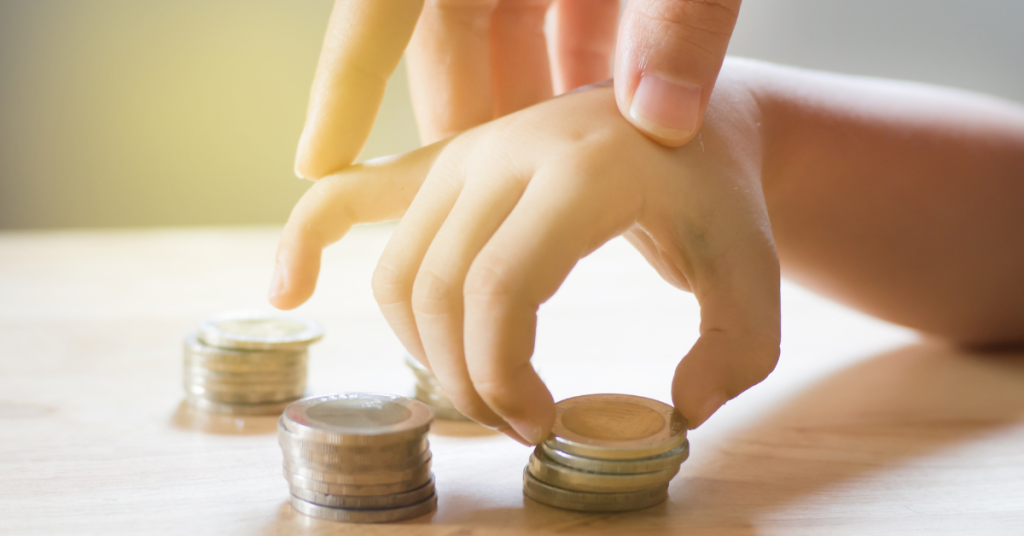When Joffre Enrico Dominguez was just six years old, he didn’t get a toy or a tablet. He got a bank account.
That one move—unusual at the time—set the tone for how he would view money for the rest of his life.
“Opening a bank account made me feel like a grown-up,” Dominguez, now a Registered Financial Planner, told Financial Adviser PH. “It gave me a sense of ownership over my savings.”
Decades later, he’s helping thousands of Filipinos build better financial habits. And it all started with a piggy bank that didn’t break—and a simple bank book.
He wasn’t handed money—he earned it
Dominguez didn’t grow up in a rich household. He learned early that if he wanted something, he had to work for it.
“When I wanted to treat my friends to Burger Machine and Coke, I did the math,” he recalls. “Then I went around the neighborhood shining shoes to earn the money.”
The lesson? Don’t wait for money—work for it. His parents didn’t just encourage saving—they made it real, letting him track his own progress with a passbook.
Those early money lessons weren’t just cute childhood stories. They were the beginning of a mindset that would help him survive job loss, weather life changes, and eventually become a financial literacy advocate.
Why your child’s first money experience matters more than you think
Now with over 30 years in finance and accounting, Dominguez says his best financial education didn’t come from textbooks—it came from childhood.
“We didn’t call it behavioral finance back then,” he says. “But that’s exactly what it was.”
He’s convinced that parents can lay the groundwork for financial discipline by introducing saving as a habit early on—and letting kids feel the reward of setting money aside.
“It doesn’t take much,” he says. “A clear piggy bank, a real savings account, and an honest conversation about money. That’s how you raise financially confident kids.”
The habits that helped him survive a financial crisis
Years later, Dominguez would face a financial crisis of his own. While working abroad, he was laid off—without warning.
It could’ve been devastating. But because of the saving habits he picked up as a child, he had a buffer. A plan. A way forward.
“Those childhood savings lessons? They saved us,” he says.
His takeaway? What you teach kids about money today could save them 20 years from now.
Want to raise financially smart kids? Start with these 3 steps
Dominguez says you don’t need to be a finance pro to teach your kids smart money habits. Here’s where to start:
Give them a save-first tool
Start with a clear piggy bank or even better, a junior savings account. Let them see their progress.
Involve them in money decisions
Show them how you budget for groceries or let them calculate the cost of a toy after saving for weeks.
Celebrate the act of saving—not just spending
Praise them when they delay gratification or reach a savings goal.
“Financial discipline doesn’t start with adulthood—it starts with habit.”
Dominguez now uses these lessons to speak to offices, public agencies, and grassroots communities across the Philippines. But he always circles back to that simple idea: You don’t build money skills by chance. You build them by habit.
And the earlier, the better.
“It’s not about how much kids save,” he adds. “It’s about giving them a reason to believe they can control their money—not the other way around.”
![]()



